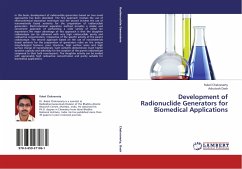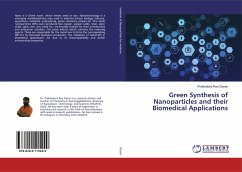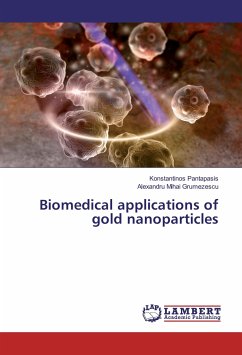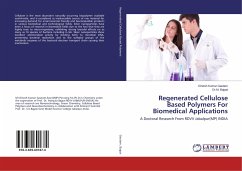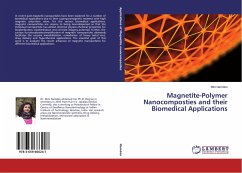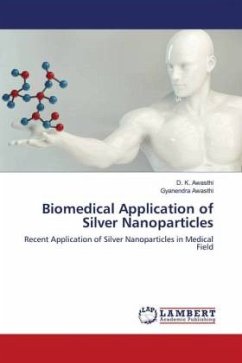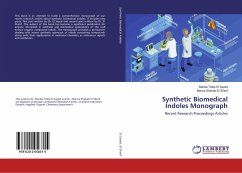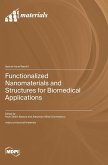In this book, development of radionuclide generators based on two novel approaches has been described. The first approach involves the use of electrochemical separation technique and the second involves the use of nanomaterials based sorbents for the preparation of radionuclide generators. Electrochemical separation method provides a simple and convenient approach of performing a wide variety of metal ion separations.The major advantage of this approach is that the daughter radioisotope can be obtained with very high radionuclidic purity and radioactive concentration, irrespective of the specific activity of the parent radioisotope. The second approach based on the use of nanomaterials based sorbents for the preparation of generators relies on the unique morphological features, pore structure, high surface areas and high surface charge of nanomaterials. Such sorbents demonstrate much higher sorption capacity and selectivity for the sorption of the parent radioisotope compared to their bulk counterparts. The daughter activity can be availed with appreciably high radioactive concentration and purity suitable for biomedical applications.
Bitte wählen Sie Ihr Anliegen aus.
Rechnungen
Retourenschein anfordern
Bestellstatus
Storno

